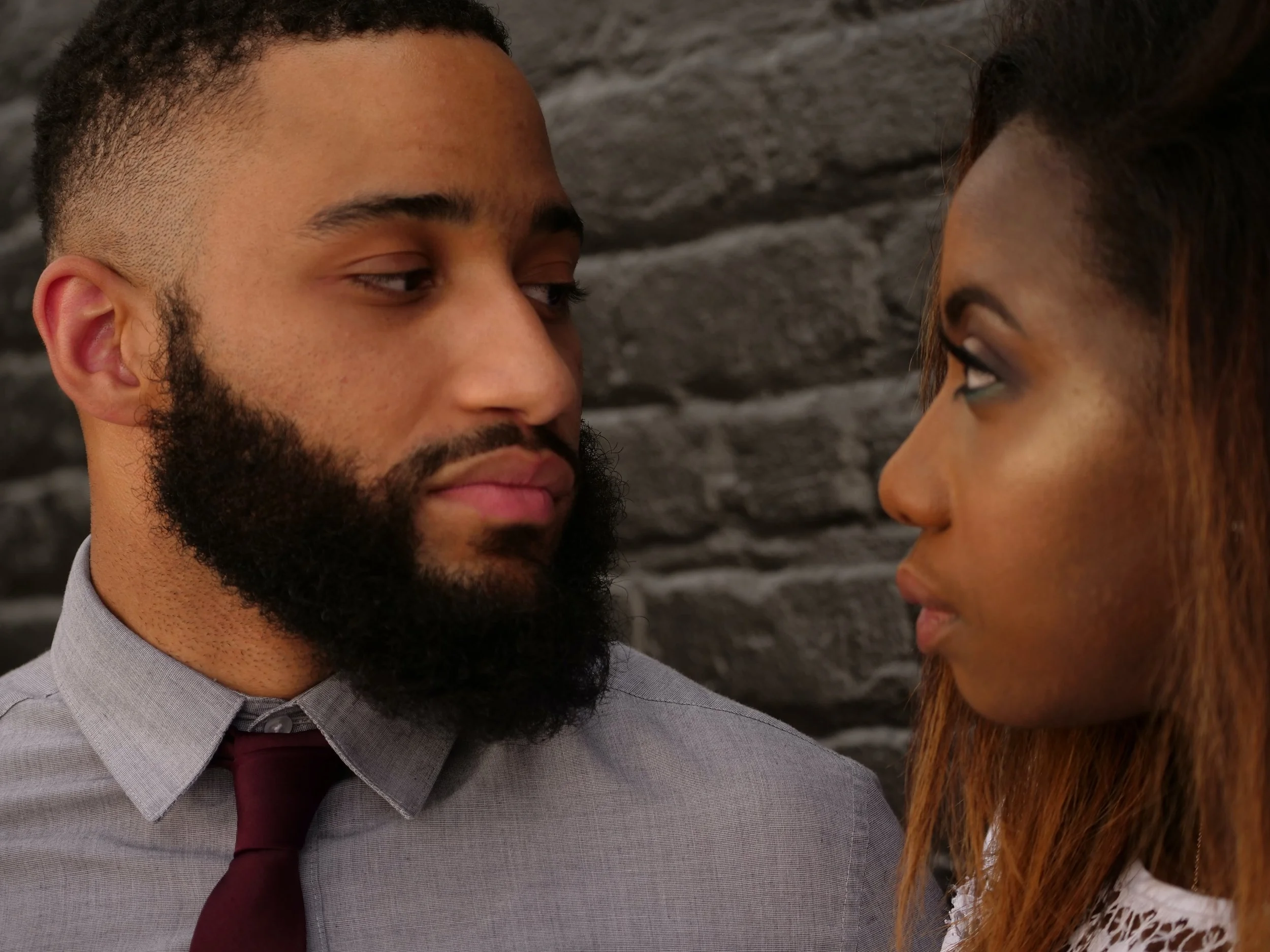Is Your Relationship Hurting Your Mental Health?
Do you know a black woman or girl who needs support with her depression, anxiety, or other mental health stressor?
Click here to book an individual therapy session or join us for our next group therapy or virtual support group!
Whether you’re in a romantic relationship, family relationship, or friendship, relationships can have an immense impact on mental health. It’s important to recognize when these connections are having a negative effect and take steps to mitigate the damage. Relationships can be incredibly rewarding but without healthy communication and boundaries, they can quickly become draining and difficult to navigate. Toxic relationships may cause us to question our own self-worth and lead to feelings of depression or anxiety.
5 Ways Relationships Hurt Your Mental Health:
Below are some signs of unhealthy relationships that can lead to poor mental health:
Constant criticism or judgement - if someone constantly judges your behavior or choices it can chip away at your self-esteem and make you feel like your opinion doesn’t matter.
The ‘silent treatment’ – being ignored is a sign of disrespect and can create unspoken tension which is damaging to both people involved.
Controlling – when someone attempts to control how you live your life it can leave you feeling powerless and helpless which often leads to feelings of frustration and resentment.
Manipulation – this is when someone tries to get their way by manipulating either words or emotions in order to achieve their desired outcome; it can be particularly harmful as it leads one party feeling like their thoughts are not respected or valued.
Unreasonable expectations – setting unreasonable standards for yourself or for others in a relationship will only create further stress down the line.
It’s essential to remember that no two relationships are the same; what works for one person may not work for another. When it comes down to it, healthy relationships require effort from both parties so make sure that you take time out for yourself and focus on what brings you joy outside of any connection you may have with another individual. If necessary, reach out for professional help if needed as there are many resources available that can help support your well being during difficult times.
Here are some relationship red flags that you should not ignore:
Lack of communication – If there is a lack of healthy communication or if issues in the relationship are not being discussed in an open and honest manner, it’s likely a sign that something isn’t right.
Controlling behavior – If one person in the relationship is constantly attempting to control their partner, it can be a sign of manipulation and disrespect.
Dishonesty – Dishonesty or secrecy should never be tolerated; if your partner is not being truthful with you, it could be a sign of deeper issues.
Unresolved conflicts – If disagreements are not addressed in a timely manner and communicated openly, this can lead to further issues down the line.
Abuse or neglect - Any form of abuse or neglect is unacceptable and should be dealt with immediately.
It’s important to remember that relationships are an integral part of life, but it’s also essential to understand when they can become damaging and take steps to mitigate the potential harm.
Relationships should bring joy and fulfillment, not stress or sadness. If you feel like something isn’t right in one of your connections, don’t be afraid to reach out for help from a professional or loved one; it could be the first step towards creating healthy, positive relationships that enrich your life and mental health.
Did you find this helpful? Let’s keep the conversation going. Here’s how you can connect with Anxious Black Girls™.
Individual Therapy: https://www.anxiousblackgirls.com/florida-black-female-therapists
Group Therapy: https://www.anxiousblackgirls.com/group-therapy-black-women
Support Groups: https://www.anxiousblackgirls.com/support-groups-for-women
Instagram: @anxiousblackgirls_ or @thedeseraywilson
Bookings, press, collaborations: info@anxiousblackgirls.com
Book an appointment: https://www.anxiousblackgirls.com/appointments
Have questions? Simply complete the form and we’ll get back to you within 24-48hrs!

